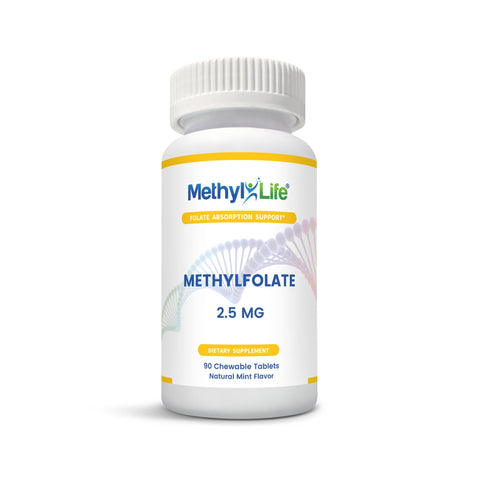According to The Human Genome Project, every human body is home to anywhere from 20,000 to 25,000 genes -- though this number is subject to change as research continues. We will actually carry two copies of each gene throughout our lifetime -- one from each parent.
Genes are short sections of DNA that provide your cells with instructions for making certain proteins. These proteins will help instruct your cells on what to do, when to do it, and how to do it. As a result, your body will grow, develop, and function properly.
As you can see, there’s a reason genes have earned the nickname the “blueprint of all life.” At the same time, many people will suffer from certain gene mutations and genetic disorders that may decrease their quality of life. Since we inherit our genes from our parents, it’s possible your children will also experience effects from these mutations.
One gene mutation has gained popularity in the medical community as a potential threat to people everywhere and that is the MTHFR mutation. It’s believed that over half of the population suffers from at least one variant of the MTHFR gene and you’d be surprised at how much this mutation can negatively affect your life -- as well as your children’s life.
In fact, the MTHFR gene has often been linked to ADHD in children and could be one of the main contributors to the disorder.
If you’ve stumbled upon this article, then you likely have an interest in learning more about the MTHFR mutation, the potential causes of ADHD, and how people everywhere are finding relief when they need it most.
Don’t worry; we’re going to break it all down for you below so you can eliminate any assumptions about the topic. Let’s get started!
Also Read: L-Methylfolate Side Effects






